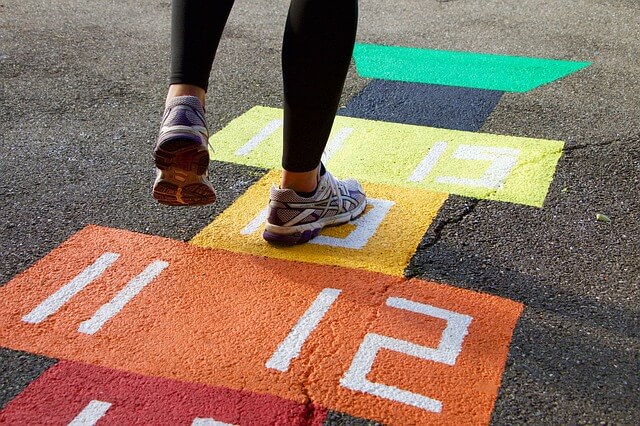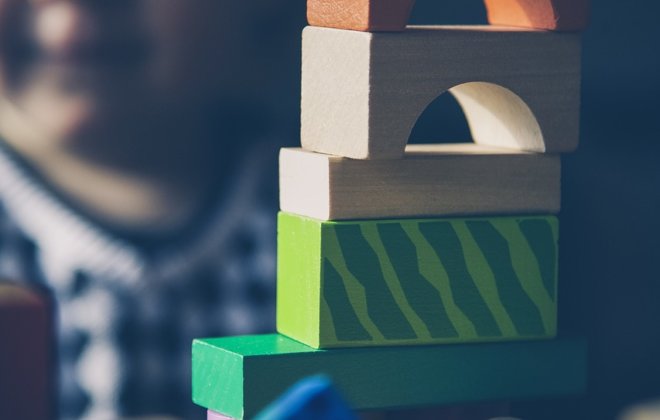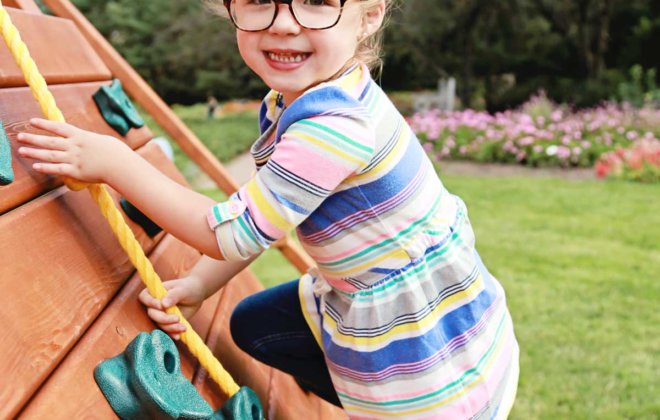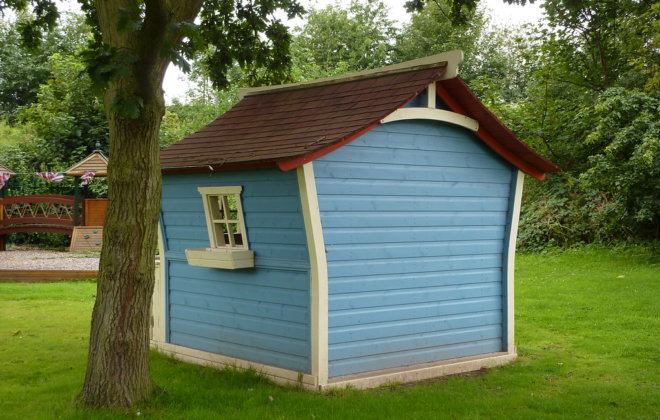Why Play Matters
While play may look like leisure time to many adults, for children this activity is a crucial for preparing their brains for the challenges of adulthood. The activities we think of as play matters quite a bit.
Why Recess Matters
Recess is an important part of learning. According to a 2009 study in the Journal of Pediatrics, children who experienced at least 15 minutes of unstructured play during their school day experienced better behavior and retention during academic lessons. Unfortunately, the push to get students to perform higher on standardized testing and academics means that recess is one of the first activities to get cancelled in lieu of extra tutorial time.
The Centers for Disease Control recommends that children maintain at least 60 minutes of physical activity a day, with half of that taking place during school hours. Most American students aren’t getting a fraction of that recommended activity. And an experiment conducted in 2000 found that children who don’t have P.E. or recess during the day are less active during non-school hours. So, it’s harder to play catch up on exercise after school.
Why Sports Matter
Team sports help our children develop better social skills. Essentially, play teaches our kids how to play nice.
Sports activities set forth and lets our children practice social rules. Win or lose, it’s how you play the game. The concept of good sportsmanship easily translates into life off the field. And the competitive environment of a sporting event teaches them how to cope in a competitive society.
Why P.E. Matters
Physical Education classes, better known as P.E., is more than just a way to give classroom teachers a break. Not every parent can afford sport league enrollments for their children, so P.E. can be the only source for some children to experience the benefits of team sports.
Unlike recess, P.E. is provides structured play time. A 2009 study in the Journal of School Health found that the more physical activity tests a child can pass, the more likely they are to do well on academic tests. That’s because many elementary school P.E. lessons go beyond getting your child moving; they also incorporate academics like counting, colors, listening skills, etc.
So, while we may consider recess, sports and P.E. play time for our youngsters, these times of planned physical activity have far reaching benefits for healthy child development.
Categories
- Benefits of Play (17)
- Family Fun (3)
- Featured (3)
- Financing (1)
- Goalsetter Basketball Systems (16)
- Playhouses (1)
- Rainbow Play Systems (28)
- Springfree Trampoline (40)





